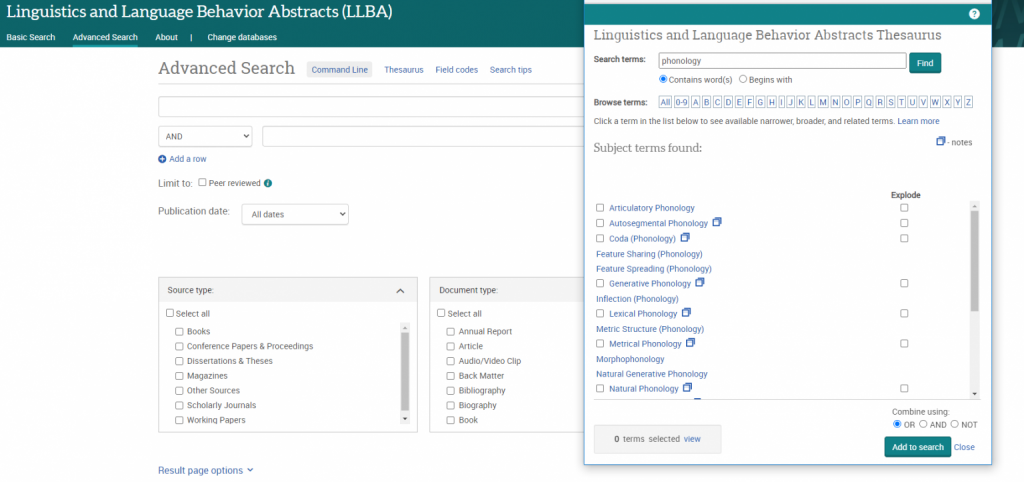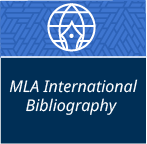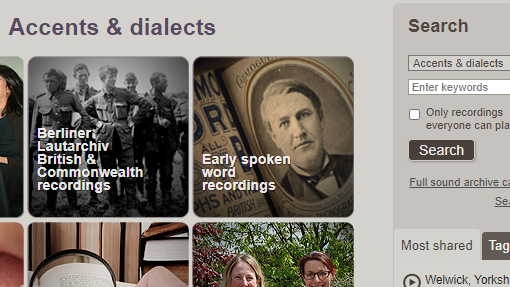We’re delighted to welcome a guest blog post from Leanna Thomson. Leanna is a second year undergraduate English Literature student, and a blogger for the School of English Literature, Language and Linguistics.

“This semester, I studied the module ‘Independent Research Project Preparation’, which included a guest lecture from the Library all about their resources. I found the information about databases so useful that I wanted to share it with students outside of the module, because I think it could really revolutionise their remote learning! I hope you find these resources as useful as I did.”
Our top eight sites for finding secondary and specialist sources
The search for relevant, high quality secondary sources to reference in your assignment can seem like a challenge, especially during remote learning. Sometimes your online search can yield so many texts that you don’t know where to start; other times you struggle to find anything at all. However, our top online database picks will help you find the perfect text in no time! All you have to do is use Library Search or your library subject guide to access the databases.
1. Library Search
A search on the University library catalogue, Library Search, not only fetches up results from the Library’s huge range of books, articles, newspapers, audiovisual content and more, many of which you can either access online or order for click and collect or home delivery. It will also find papers from the hundreds of journals and databases that the Library subscribes to, including both interdisciplinary and SELLL specific titles. Library Search also has advanced search setting and filters, which can help you find exactly what you need. You can also access specialised guides about finding secondary sources for your subject.
2. Literature Online (LION)

LION is a literature-specific database, perfect for seeking content such as literary criticism, works of literature to use as comparisons to your primary texts or enforcements of your argument, reviews, periodicals and audiovisual content, to name but a few of its elements. Its advanced search engine can be modified so that it only finds what you are looking for, and it is a perfect database to turn to when you can’t find quite enough literary-focused content on your topic.
3. JSTOR

JSTOR offers full text online access to scholarly journals, books and book chapters across all subject areas. It has basic and advanced search options that allow you to search by topic keyword, author, subject area, title or publisher.
You can also download JSTOR texts as pdf files, meaning you can store them on your computer or print them off.
4. Linguistics and Language Behavior Abstracts (LLBA)
LLBA focuses on academic resources for the study of language: including phonetics, phonology, morphology, syntax and semantics, and descriptive, historical, comparative, theoretical and geographical linguistics.

It also features a specialised linguistics thesaurus, which you can use in advanced search to refine and focus your search. The thesaurus provides a searchable list of all the subject terms used in the database, and highlights links between broader, narrower and related terms, helping you to select all of the keywords relevant to your topic.
5. Scopus

Scopus is a large, interdisciplinary database of peer-reviewed literature, including articles, book chapters and conference papers. It includes a range of smart tools that can help you track the research in your area. You can search for documents, sources, authors and institutions, and compare and contrast them using a variety of different tools.
It includes full reference lists for articles, as well as lists of texts which have cited a particular article. This allows you to uncover all the information relevant to your research. You can also set up citation alerts, so you can be informed of new, relevant material automatically.
6. MLA International Bibliography

The MLA international bibliography is produced by the Modern Language Association, an organisation dedicated to the study and teaching of language and literature. It indexes books and articles published about modern languages, literature, folklore, and linguistics. It contains many links to full texts, and as its title suggests, it includes texts from all over the world. The electronic version of the bibliography dates back to 1925 and contains over 2.2 million citations from more than 4,400 periodicals (including peer-reviewed e-journals) and 1,000 book publishers. It’s an ideal database for any SELLL student!
7. Google Scholar
A search on Google Scholar is just as simple and fruitful as an ordinary Google search, but the results will be peer-reviewed, academic sources, so it’s a much more reliable search engine for your university work. It will also bring up references from a range of different information sources, including Google Books, online journals, downloadable pdf files and even many of the databases discussed on this post!

What’s more, there are lots of useful filters: you can search by relevance and by time period, which is really useful for when you are looking for sources from a particular moment in time. There are also “cited by” lists, so you can track research forwards in time, and suggestions of similar texts for each source.
8. Accents and Dialects

Accents and Dialects is a searchable database of English accent recordings from the British Library Sound Archive.
Recordings include early spoken word snippets from the 1890s onwards, Opie’s collection of children’s songs and games, an evolving English word bank, and a survey of English dialects. Each recording includes a detailed description, with some containing linguistic information too, and most can be downloaded for academic use. You can browse the database by project, county, or date: the search box on the top right of the page can be used to look for specific keywords, including dialects or places.
Thanks Leanna: some great tips there! If you are a student, and would like to write a guest blog post for us about any aspect of the Library and its resources, please just get in touch with us: we’d love to hear from you!
